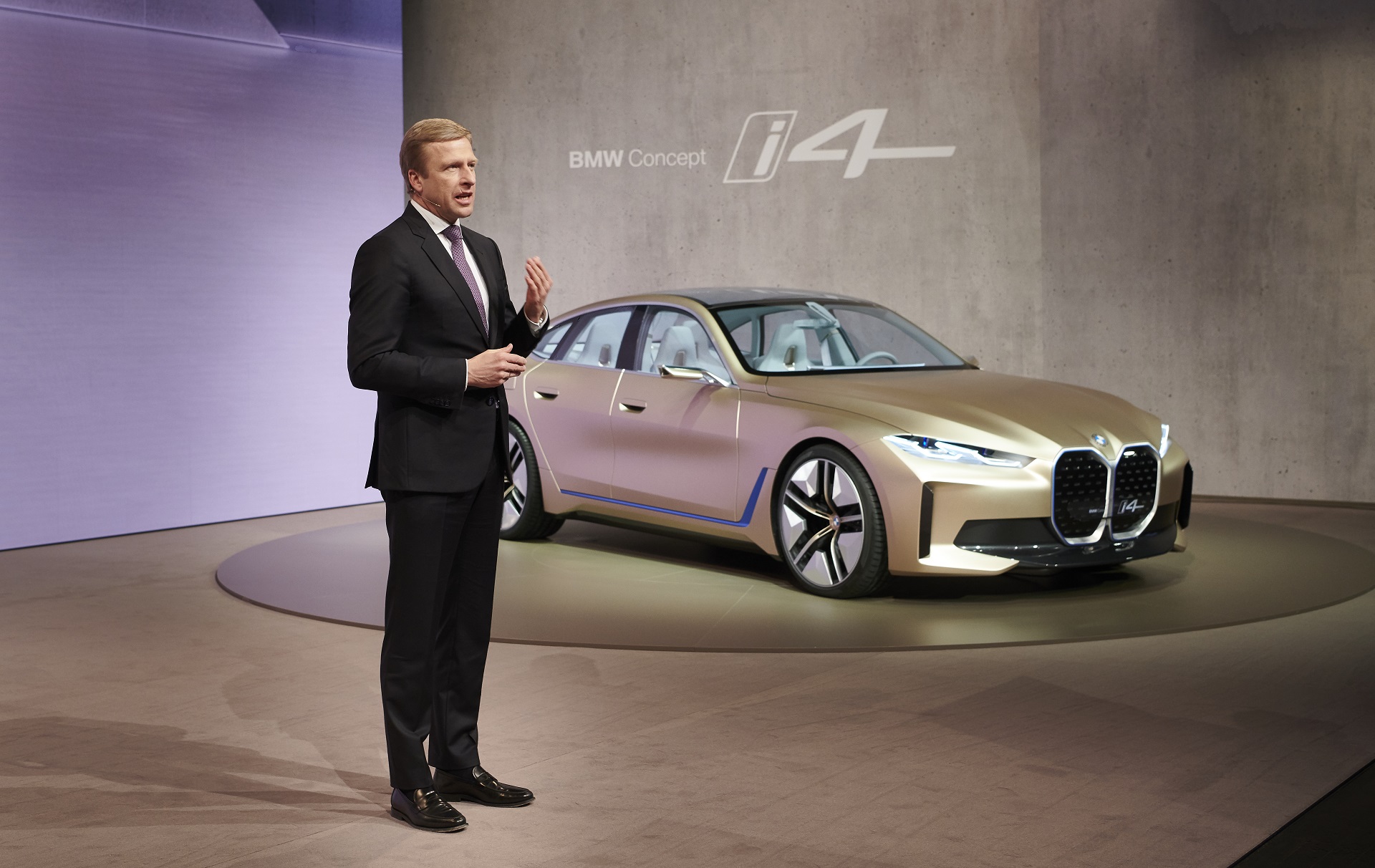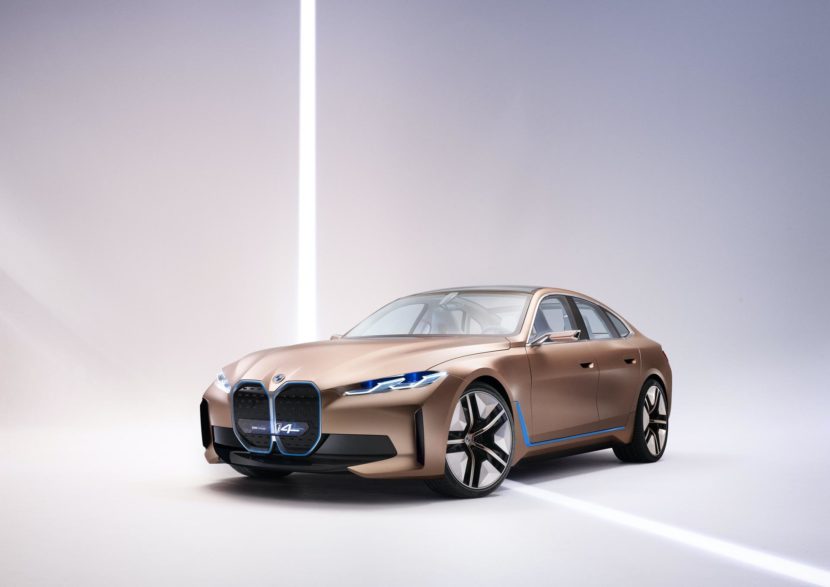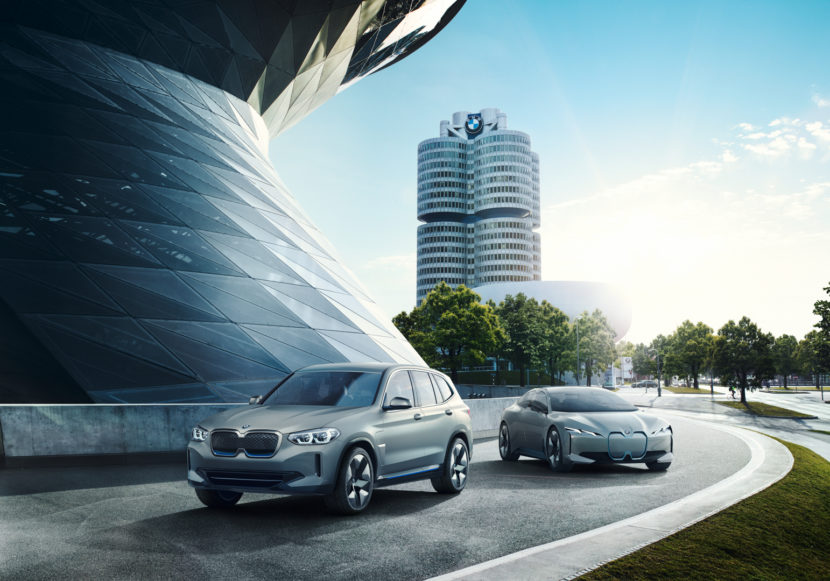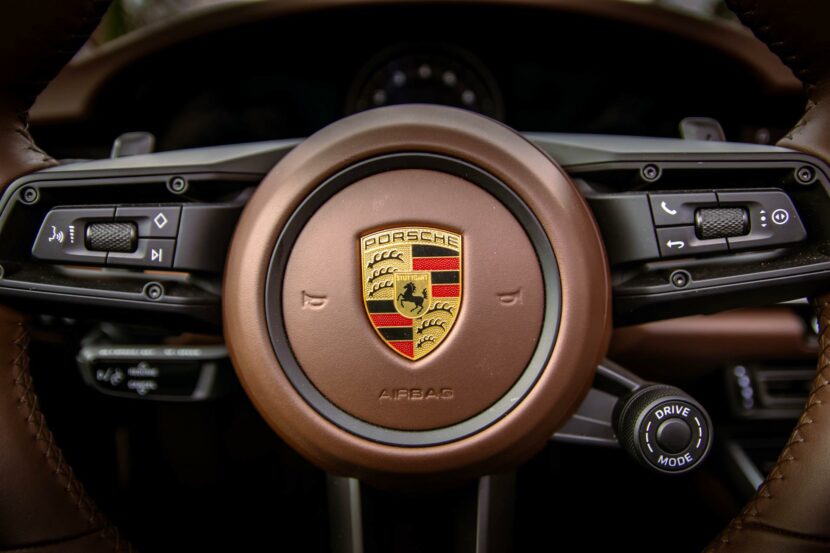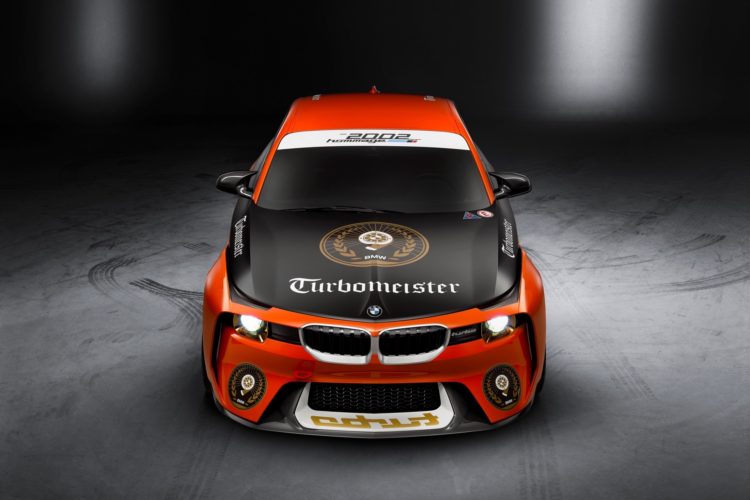BMW has a new man at its help, CEO Oliver Zipse, and he’s taking control over the Bavarian brand at a very interesting time. Not only is BMW in the midst of a massive, industry-wide technological transition but also during the most devastating worldwide pandemic in our lifetime. During a recent interview, Zipse explains that, despite this being a hard time for not only BMW but the entire industry, the Bavarian brand will not make any sacrifices in terms of its economic or environmental impact.
“The coronavirus pandemic has thrown the global economy off course within a very short space of time, and this has also led to significant cutbacks in a number of BMW Group projects. But as I have always made clear: There can be no compromise when it comes to climate and environmental protection.” he said.
What’s interesting is just how much C02 is produced from EV production, mainly from the production of batteries, which is an area where BMW wants to improve. “Up to 40 percent of a fully-electric vehicle’s CO2 emissions come from battery cell production alone. Depending on where they are produced and the electricity mix used there, about a third of these emissions come from power consumption directly at the cell manufacturer. This is a major and very effective lever for reducing CO2 – so that is precisely where we are focusing our efforts.” said Zipse.
You might be thinking that BMW can’t be responsible for such things, as it doesn’t make the batteries. However, Zipse seems to feel otherwise, claiming that BMW has influence over the companies that do develop batteries.
“As a leader in sustainability, what we say carries a lot of weight with our suppliers – and we can then leverage this reputation. We now have a contractual agreement with our cell manufacturers that they will use only green power to produce our fifth-generation battery cells. Later this year we will launch this technology with the BMW iX3 and then roll it out across our product line-up – including the BMW iNEXT and BMW i4 next year. As volumes increase, the use of green power will save around ten million tonnes of CO2 over the next decade. For comparison, that is roughly the amount of CO2 a city of over a million inhabitants, like Munich, emits per year.”
In what seems to be a genuinely honest and transparent approach, Zipse is going to give the public annual updates on BMW’s environmental impact and sustainability. This way, BMW can prove to the people that it truly is trying to make a difference.
“This previously took place through our Sustainable Value Report – and is another area where we are now taking the next step: Starting next year, we will be integrating the topic of sustainability into our Annual Report. This not only sends a clear signal that we consider our business model and sustainability to be inseparable – but also that we will be subjecting our sustainability activities to even broader external and independent review than in the past.”
Oliver Zipse seems to say the right things and seems to have a clear vision of where BMW needs to go in the near future.


